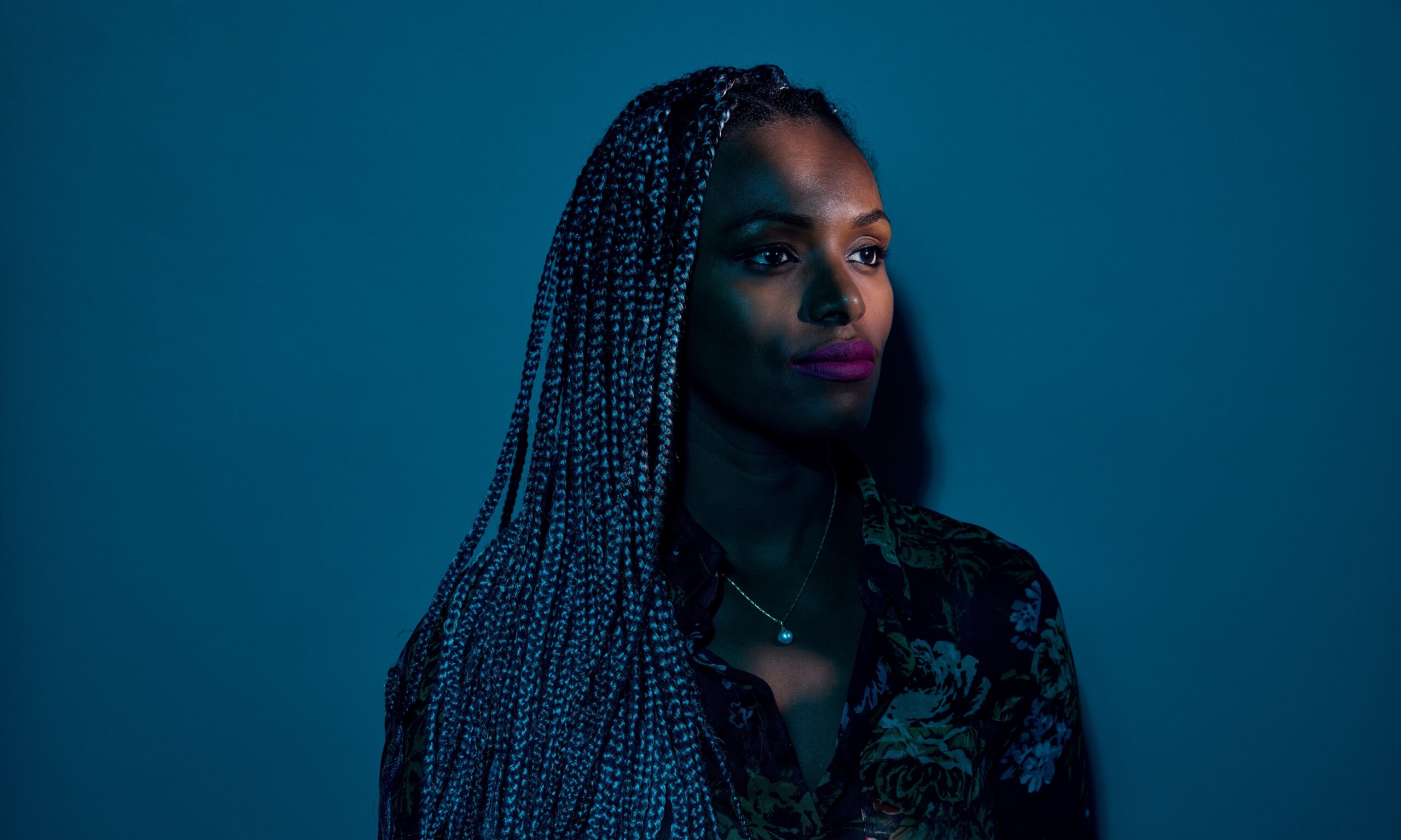Assistant Computer Science and Statistics Professor Abeba Birhane has been selected in the inaugural TIME100 AI List for her work researching harmful biases and stereotypes in artificial intelligence (AI).
The new TIME list features leaders, policymakers, artists and entrepreneurs focusing on AI from countries around the world.
Others on the list include OpenAI CEO Sam Altman, Black Mirror Creator Charlie Brooker and X CEO Elon Musk.
Currently a Senior Advisor in AI Accountability at Mozilla Foundation, Birhane research explores the challenges and pitfalls of automating human behaviour through examination of current models.
Speaking to College about being named to this list, Birhane said she is “extremely thrilled to be included on the list among some of the most inspiring scholars whose work I greatly admire”.
“The current AI landscape, especially developments around generative AI, is simply unpredictable. There is currently so much noise which makes deciphering hype from reality difficult,” she said.
“One current interesting development is the emergence of numerous lawsuits around data harvesting practices. Such developments, if persistent, could be key to responsible and accountable data creation, curation and management practices.”
A cognitive scientist by training, Birhane began to direct her research towards the pitfalls of AI through examination of the biases in AI learning models.
In an interview with TIME, she said she gained interest in this area while doing her PhD.
“I was working in a lab full of machine-learning researchers, and I was intrigued by how they sourced their data, how much attention—or lack thereof—they paid to the data,” she said.
“I saw that datasets are really critical to model performance, but also, glaringly, that not many people were paying enough attention to them.”
Birhane has said the scale of datasets is crucial to how and what AI models learn. In ignoring the number of individual data pieces within the set, it becomes more difficult to review them for harmful material.
In another article, TIME details its process for being named to the list. Each nominee must be recommended to TIME, nominated, and almost all nominees undergo an interview prior to final selection.
After hundreds of recommendations and nominations, the TIME100 AI list was finalised, and formally published on Thursday, 7 September 2023.






